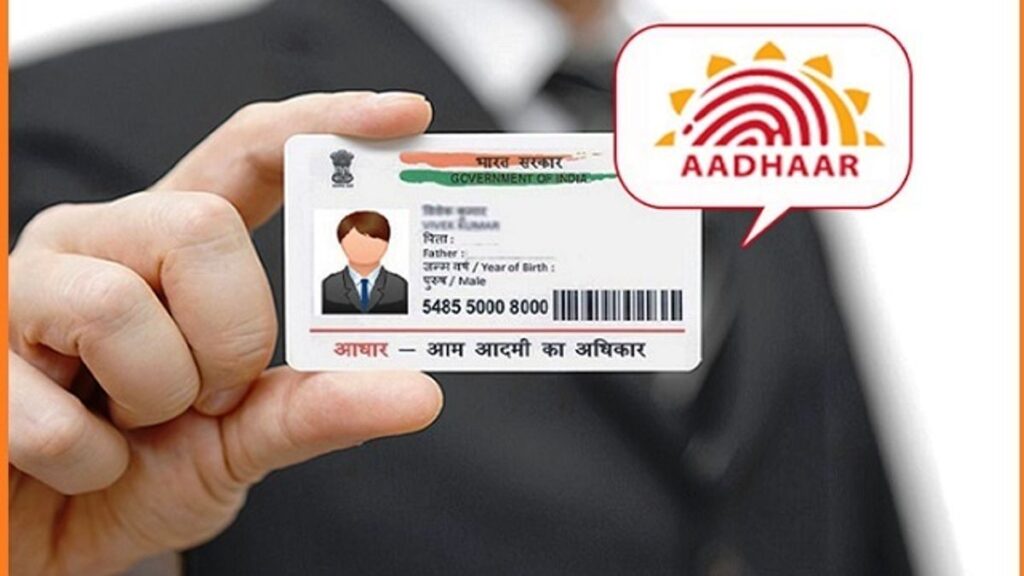The Chief Minister of Assam, Himanta Biswa Sarma, recently announced a significant policy shift that ties Aadhaar issuance to the National Register of Citizens (NRC) process. Under the new regulation, all fresh applicants for Aadhaar in Assam will be required to provide their NRC Application Receipt Number (ARN) as proof of identity. This move, aimed at curbing the issuance of Aadhaar cards to illegal immigrants, is set to come into effect from October 1, 2024.
The New Rules for Aadhaar Issuance
According to the Chief Minister, the decision stems from discrepancies in Aadhaar applications in some districts, where the number of applicants exceeds the projected population. Districts such as Barpeta, Dhubri, Morigaon, and Nagaon have reported application rates of over 101% of their population. The requirement to submit an NRC ARN is intended to eliminate fraudulent applications and ensure that only eligible residents receive Aadhaar cards.
Special provisions have been made for certain groups. For example, individuals whose biometrics were locked during the NRC process, numbering approximately 9.55 lakh, will still receive their Aadhaar cards. Similarly, tea garden workers, who face logistical challenges such as limited access to biometric machines, are exempt from the new requirement.
Aims and Implications of the Policy
The Assam government views the policy as a critical measure to prevent the infiltration of illegal immigrants, particularly from neighboring Bangladesh. CM Sarma emphasized that the state is already taking active steps to identify and repatriate illegal immigrants. In recent months, several individuals apprehended in Assam have been handed over to Bangladeshi authorities.
The government is also intensifying border surveillance in collaboration with the Border Security Force (BSF) and other central agencies. Enhanced coordination is expected to strengthen intelligence sharing and facilitate joint operations to secure Assam’s borders more effectively.
The CM highlighted that Assam’s unique demographic challenges, particularly the influx of illegal immigrants, necessitate such stringent measures. He has often spoken about demographic changes in the state and reiterated his government’s commitment to preserving Assam’s cultural and demographic identity.
Public Reaction and Broader Implications
The policy has sparked debates across Assam and beyond. Supporters argue that linking Aadhaar issuance to the NRC will help address long-standing concerns about illegal immigration and ensure that public resources are allocated to genuine citizens. Critics, however, have raised concerns about the potential hardships faced by genuine residents, particularly those from marginalized communities, in obtaining Aadhaar cards under the new system.
Additionally, the Assam government’s stance could influence other states dealing with similar challenges. CM Sarma expressed hope that this policy could serve as a model for other regions in addressing issues related to identity verification and illegal immigration.
The linkage of Aadhaar issuance to the NRC represents a bold step by the Assam government to tackle illegal immigration. While the policy aligns with the state’s efforts to ensure accurate demographic records and bolster border security, its implementation will require careful monitoring to avoid unintended consequences for genuine residents. As the October 1 deadline approaches, all eyes will be on Assam to assess the policy’s effectiveness and its broader implications for identity verification systems in India.

